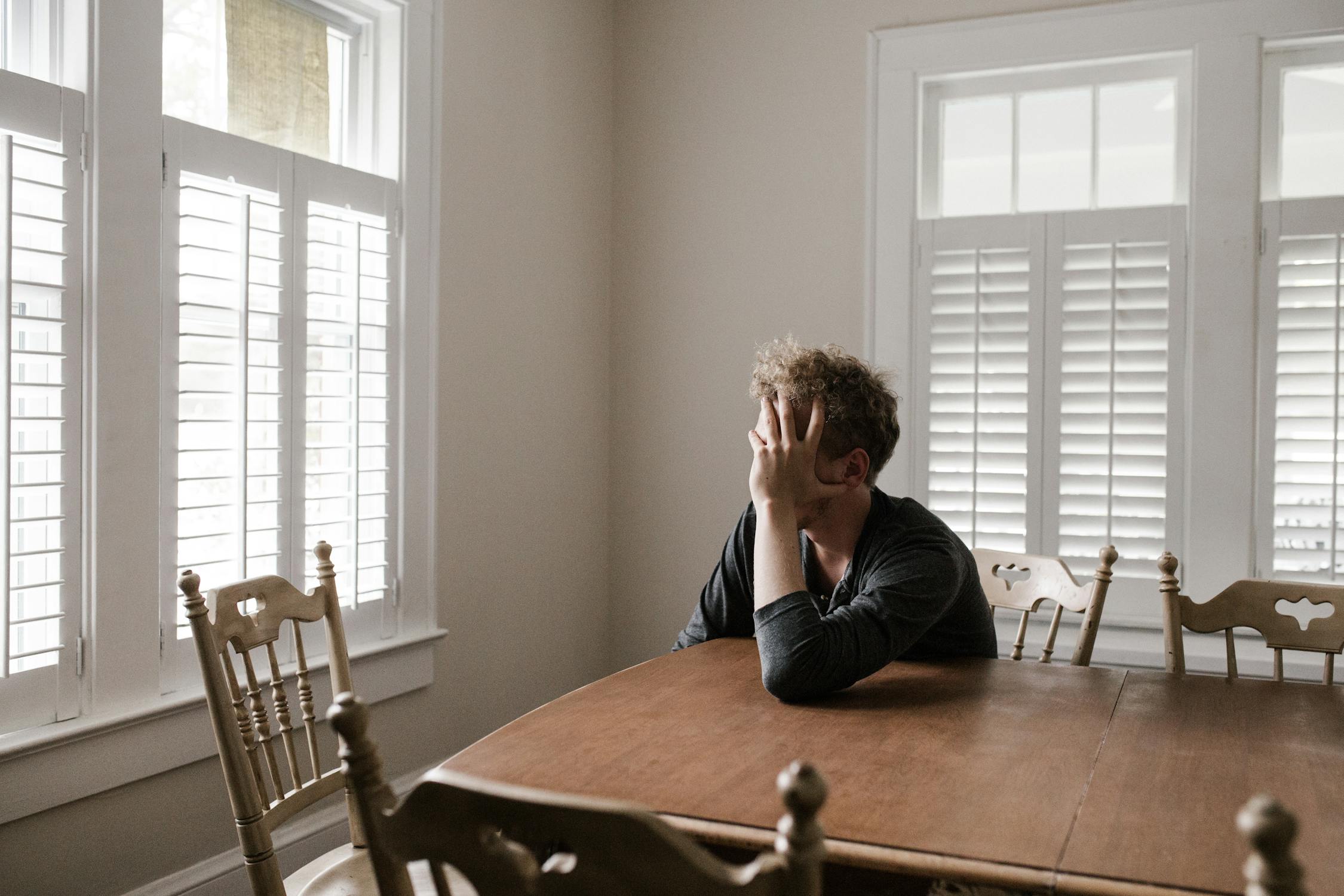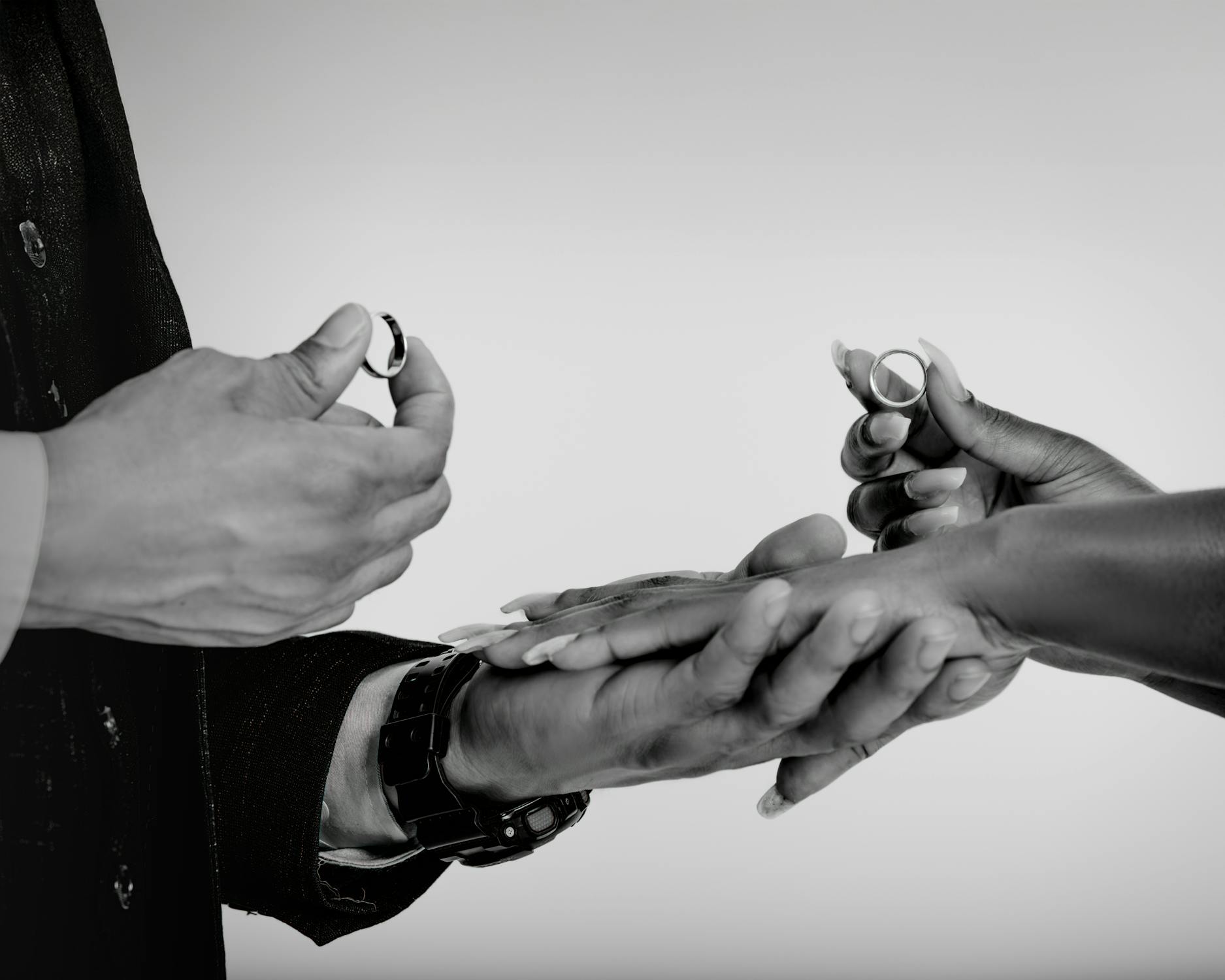
Breakup
Breakups rank among the most emotionally demanding things an individual might experience. Breakups signify the end of a romantic bond, often bringing a wave of grief, confusion, and emotional pain. Although love, trust, and common ground form the foundations of relationships, some factors are likely to disband them.
Whether amicable or painful, breakups can mirror the emotional intensity of grieving a significant loss. Knowing the reasons, signs, and remedies of a breakup can assist people in dealing with the experience and moving on in a healthier manner.
Reasons for a Breakup
Breakups occur due to many reasons, from external pressures to very personal differences between the partners. Some of the most prevalent reasons are:

Emotional Distress
Sadness, loneliness, anger, and confusion are typical during the aftermath of a breakup. The emotional conflict feels overwhelming in the initial days.

Overthinking and Regret
Many people dwell on past moments, replaying what went wrong or what they could have done differently. The process of blaming oneself and the occurrence of remorseful thoughts render moving on increasingly difficult.

Loss of Interest in Everyday Activities
Social interaction, work, and even hobbies can all become irrelevant at once. Activities that once brought joy may suddenly feel meaningless or exhausting.

Anxiety and Depression
In some instances, a breakup can create anxiety or trigger depression, particularly if the relationship was very significant.

Physical Symptoms
Some people lose weight, gain weight, have trouble sleeping, are tired, and even get headaches from emotional pain.

Attachment Withdrawal
If the relationship was passionate, the brain might respond in the same way as withdrawal from a dependency. This can trigger intense urges to reconnect with an ex—even when doing so may hinder healing.

Anger and Resentment
Others end up in bitterness, which creates resentment against the former partner. This may take the form of stalking on social media, complaining to friends, or even revenge.

Fear of Future Relationships
A hurtful breakup can make one afraid of entering into another relationship, creating emotional barriers and reluctance to trust others again.
Solutions For Coping With A Breakup
Although breakups are painful, they can also provide a chance to grow as individuals and learn more about ourselves. Here are some tips to cope with breakups effectively:
Accept the Reality
Denial delays the healing process. Accepting that the relationship has ended is the first step towards the healing process.
Be Around Positive People
Family and friends can offer emotional support and advice during difficult periods. Sharing feelings can be therapeutic.
Allow Yourself to Grieve
It is normal to feel sad and to mourn the loss of the relationship. Suppressing emotions can lead to long-term emotional issues. Allow yourself time and space to emotionally process the breakup without pressure to 'bounce back' quickly.
Don't Leap into Rebound Relationships
It is unhealthy to immediately plunge into another relationship after a break-up. Healing emotionally is essential before opening yourself up to new romantic connections.
Cut Off Unnecessary Contact
Staying in touch with an ex, especially in the early stages, can make moving on harder. It's best to set clear boundaries to avoid confusion and prolonging emotional pain.
Self-Understanding and Personal Improvement
The break-up must be used as a learning lesson. Know why it failed and how to maintain better relationships in the future. Concentrate on personal growth and objectives.
Practice Self-Care
Physical well-being influences mental health. Regular exercise, a healthy diet, and adequate sleep can assist in recovering emotional equilibrium.
Take Professional Assistance if Needed
When sadness or anxiety becomes intolerable, a talk with a therapist might prove helpful. Therapists can offer valuable tools for emotional regulation and guide you through the healing journey.
Keep Yourself Busy and Preoccupied
Staying engaged with work, hobbies, or social activities can redirect your focus and reduce overthinking.
Remain Positive About the Future
Breakups are sorrowful, but they are not the end of love. Numerous people discover even more loving relationships following a breakup. Maintaining a positive attitude can facilitate the healing process.
Conclusion
Breakups are a common phenomenon, but they affect people differently. They can be painful, but they also provide a chance to grow and discover oneself. Identifying the reasons for a breakup, the symptoms, and proactively healing from it can ease the process for people.
Though the pain may feel overwhelming at first, with time, self-care, and support, recovery becomes not only possible—but empowering. Every ending paves the way for a new beginning.
